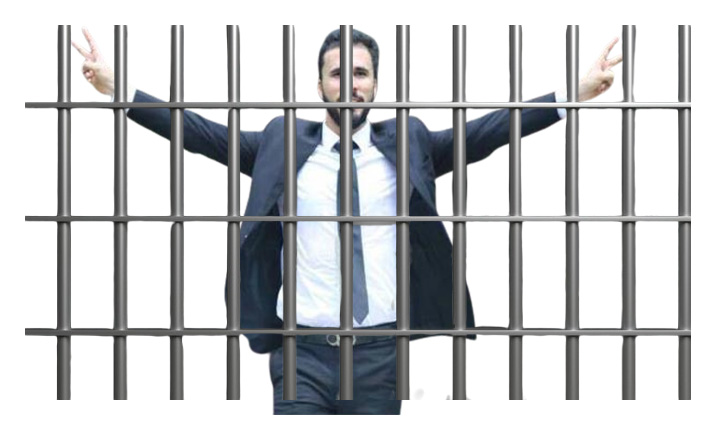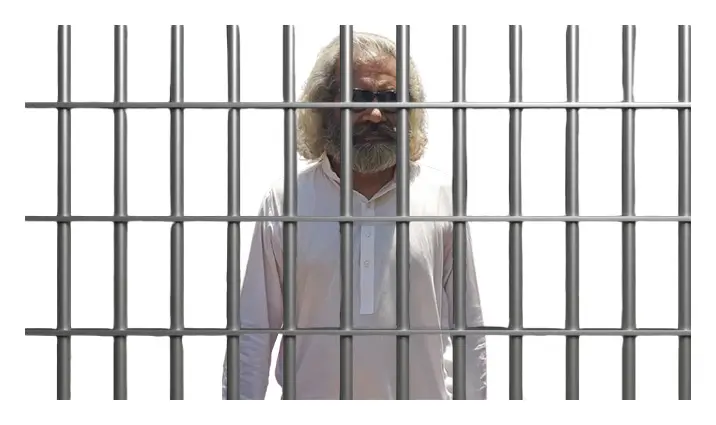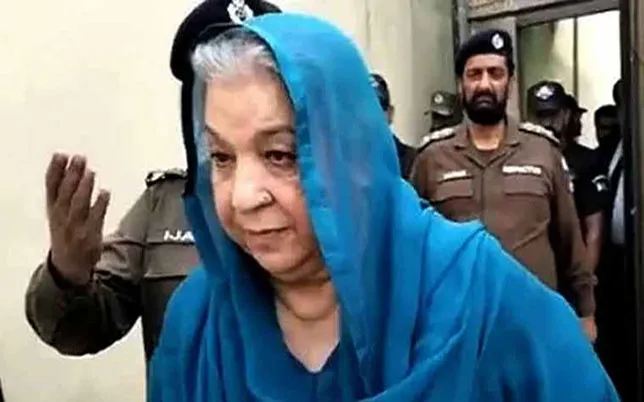Hassan Khan Niazi, a prominent figure in Pakistani politics and law, is widely recognized as the nephew of former Prime Minister Imran Khan. As a lawyer, human rights activist, and a key member of the Pakistan Tehreek-e-Insaf (PTI), Niazi has carved out a significant presence in both legal and political spheres. However, his journey has been marked by controversies, legal battles, and a steadfast loyalty to his uncle’s political vision. This blog post delves into Niazi’s background, career, and the events that have shaped his public image.
Early Life and Education
Hassan Niazi, born around 1983, hails from the influential Niazi family of Mianwali, Punjab, a clan with deep roots in Pakistani politics and society. He is the son of Hafeezullah Niazi, a journalist and columnist who once supported the Pakistan Muslim League-Nawaz (PML-N) but later distanced himself from the party. Hassan pursued his education abroad, earning a master’s degree in international human rights from City University, London. His academic background in human rights has shaped his advocacy, though it has also been a point of contention in some of his controversies.
During his time in London, Niazi ran for the presidency of City University’s student union in 2014, where he faced criticism for using homophobic language in a Twitter exchange. He later apologized, claiming the remark was taken out of context and that he was unaware of the term’s implications in the UK. Despite the controversy, he emphasized his commitment to human rights, a theme that would later define much of his legal work.
Legal Career and PTI Involvement
Niazi is a practicing lawyer at the Lahore High Court and has been involved in several high-profile cases. Notably, he represented Khadija Siddiqui, a law student who was brutally attacked, securing justice in her case. His legal acumen earned him recognition, but his political activities often overshadowed his professional achievements.
As a youth leader in PTI, Niazi headed the Insaf Students Federation (ISF), the party’s student wing, where he played a pivotal role in mobilizing young supporters. His leadership helped expand PTI’s reach among the youth, a demographic crucial to the party’s success. In 2022, Imran Khan appointed him as the focal person on legal affairs for PTI, a move that sparked debates about nepotism but also underscored Niazi’s growing influence within the party.
Controversies and Legal Troubles
Hassan Niazi’s career has been fraught with controversies, often tied to his political activism and proximity to Imran Khan. In 2019, he was implicated in a violent incident at the Punjab Institute of Cardiology (PIC) in Lahore, where lawyers, including Niazi, allegedly stormed the hospital, vandalized property, and set a police van on fire. The incident, which reportedly led to three patient deaths, drew widespread condemnation. Niazi distanced himself from the violence, expressing regret on social media and clarifying that he supported only peaceful protests. Despite this, he faced legal action and briefly went into hiding to avoid arrest.
In 2021, Niazi was involved in another altercation during a court proceeding, where he allegedly slapped a senior lawyer and verbally confronted Shahzadi Nargis, widow of Nawab Akbar Bugti. A criminal case was filed against him, which he claimed was fabricated. The dispute was later resolved through the intervention of senior lawyers.
The most significant controversy came in 2023, when Niazi was arrested for his alleged role in the May 9 riots, sparked by Imran Khan’s arrest in a corruption case. Niazi was accused of leading an attack on Jinnah House (the Corps Commander’s residence in Lahore), a key military installation. After being apprehended in Abbottabad, he was handed over to military custody for trial, a move that raised concerns about due process and human rights. His father, Hafeezullah, and mother, Noreen Niazi, filed petitions in the Lahore High Court seeking his recovery and permission to file nomination papers for the 2024 general elections, arguing that he was neither convicted nor disqualified.
In December 2024, a military court sentenced Niazi to 10 years of rigorous imprisonment for his involvement in the Jinnah House attack. The verdict drew criticism from PTI supporters and human rights advocates, who labeled it a violation of international law and alleged that Niazi was tortured in custody. These claims, raised by exiled journalist Shahid Aslam and others, remain unverified but have fueled debates about the treatment of PTI leaders.
Public Perception and Nepotism Debate
Niazi’s close ties to Imran Khan have made him a polarizing figure. Critics argue that his prominence in PTI is largely due to his familial connection, accusing Imran Khan of hypocrisy given his vocal stance against nepotism. Social media posts and articles have questioned Niazi’s credentials, with some labeling him a “rich brat” who relies on his uncle’s influence. Others, however, praise his legal expertise and dedication to PTI’s cause, noting that he has faced significant personal risks, including arrests and alleged torture, for his loyalty to the party.
Current Status and Legacy
As of July 2025, Hassan Niazi remains in military custody, with his case continuing to draw attention. His mother’s plea for him to contest the 2024 elections was a testament to his political ambitions, though his conviction has cast uncertainty over his future. For PTI supporters, Niazi is a symbol of resistance against perceived state oppression, while critics view his legal troubles as a consequence of his actions during turbulent political events.
Hassan Niazi’s story is one of ambition, controversy, and loyalty to a political dynasty. As Pakistan navigates its complex political landscape, his role as Imran Khan’s nephew and a PTI leader ensures that he will remain a figure of interest, whether in the courtroom or the political arena.
Disclaimer: This blog post is based on publicly available information from web sources and social media posts. Some claims, particularly regarding allegations of torture, remain unverified and should be treated as inconclusive.


